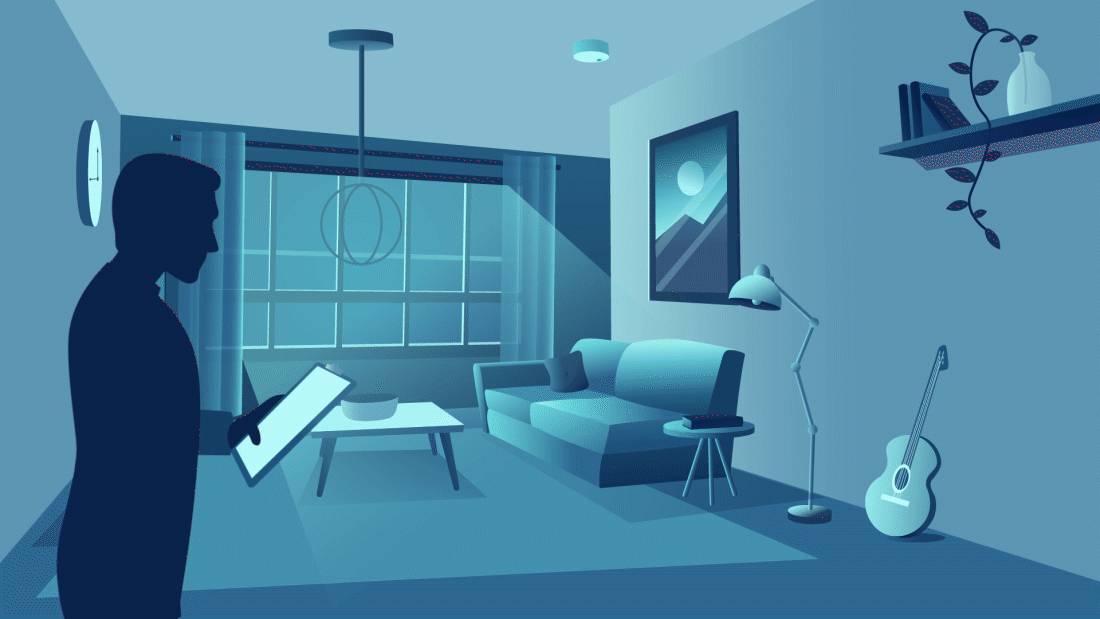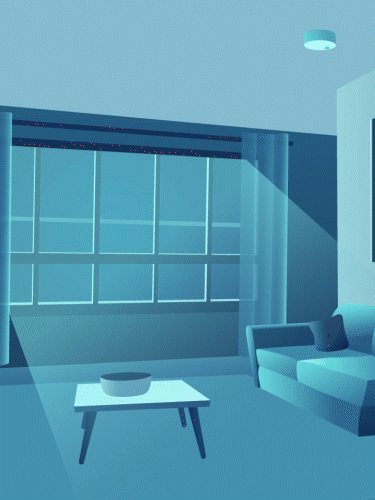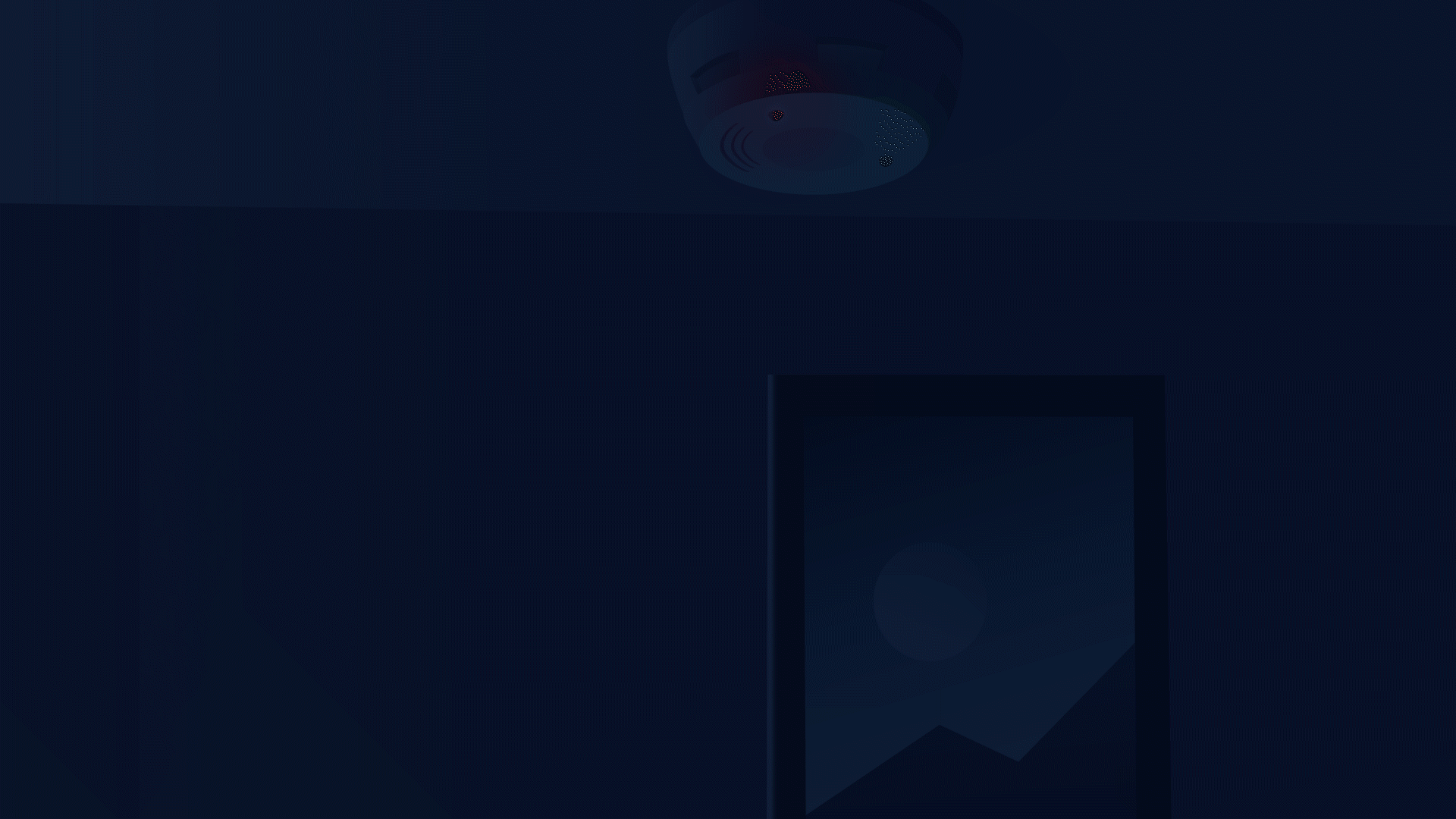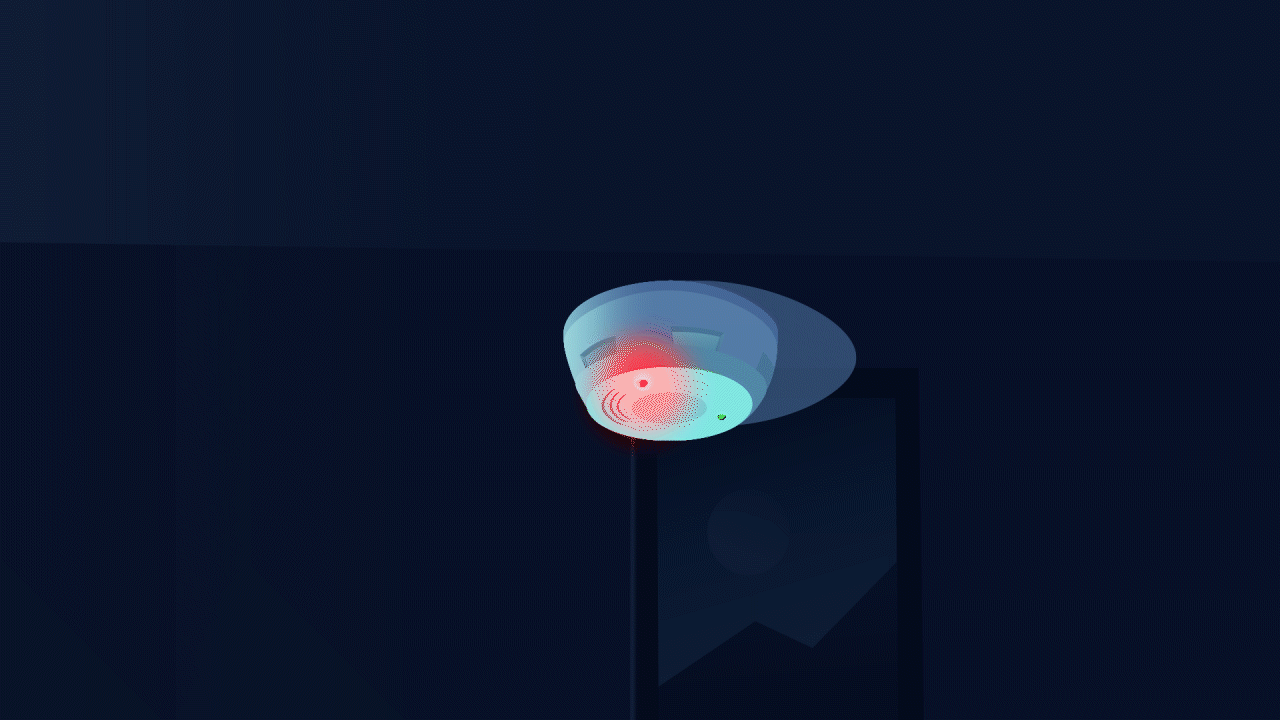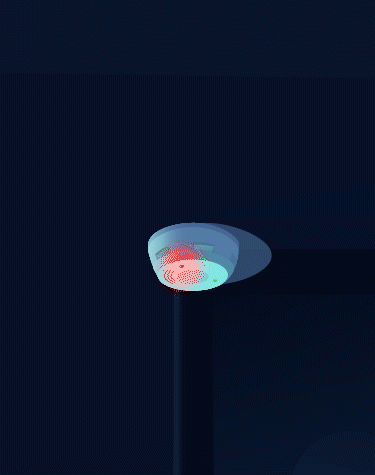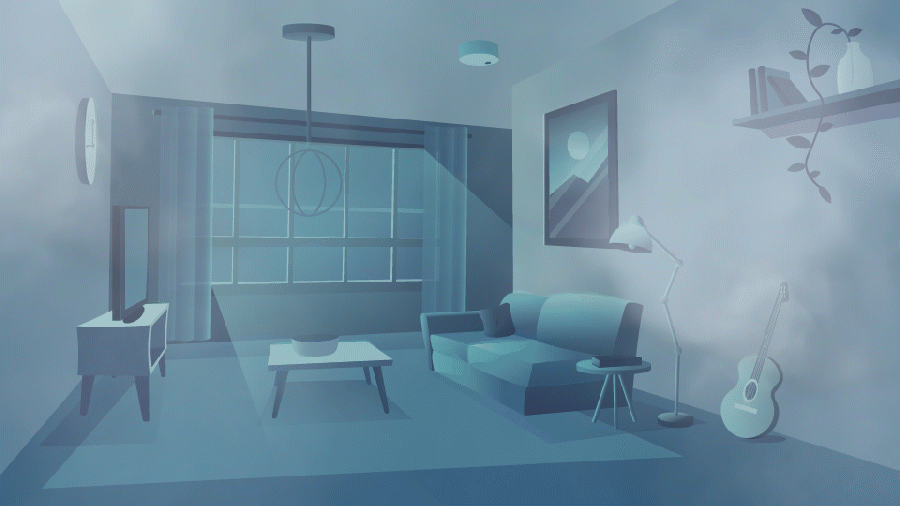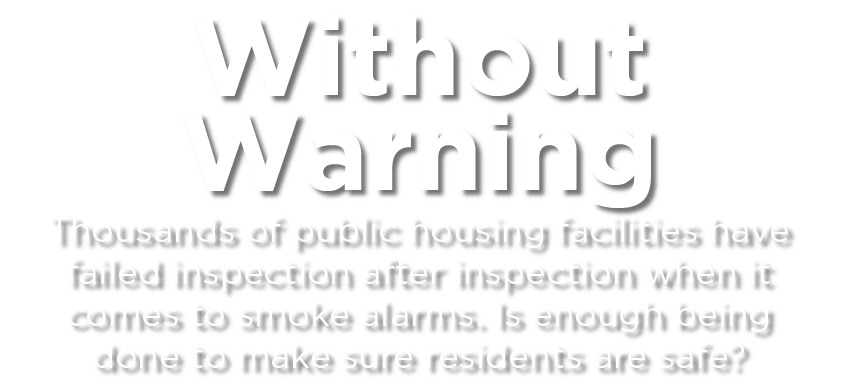Tens of thousands living in Philadelphia-area complexes where inspectors had found smoke detector problems from 2014 to 2019.
An Action News investigation has found some low-income families are living in potentially dangerous housing, paid for by your tax dollars.
The findings are based on public housing inspection reports obtained by the Action News Investigative Team.
More than 100,000 people in our region, some of them elderly and disabled, live in public housing complexes where inspectors have found failed smoke detectors or other life-threatening conditions over the last five years.
Even more troubling: in 90% of those buildings, the legally-mandated follow-up inspections by the federal government were months, even years, behind schedule.
Action News Investigative Reporter Chad Pradelli walked the hallways of the Parkview-Fairhill Apartments in North Philadelphia and found missing smoke detectors, taped fire detectors and other potentially dangerous conditions.
The high-rise was among the lowest-scoring public housing complexes in the country in 2017 according to an exclusive five-year data analysis by the ABC Owned Television Stations.
"Constantly fire alarms going off, constantly fire trucks coming," said Duane Thomas, who lives in the apartment building.
HUD, the Department of Housing and Urban Development, flagged 71 out of 78 complexes run by the Philadelphia Housing Authority for failed smoke detectors or other potentially life-threatening conditions like gas leaks, exposed electrical wires, or blocked fire escapes.
Akeiba Emerson fears for her safety and that of her children.
"It's just a sad, sad, sad, scary situation," Emerson said.
Yet, inexplicably, HUD was overdue on follow-up inspections in 50 of those buildings, including the Westpark Plaza. HUD gave it the lowest safety inspection score for public housing in Philadelphia during our analysis.
Emerson says that's a problem.
"When there was a small fire here the other day, the alarms never went off and me and other residents had to tell security that the alarms didn't go off," Emerson said.
The Philadelphia Housing Authority did not dispute our data analysis. Spokeswoman Nichole Tillman acknowledges there are issues and called it an old site.
But, Tillman added, "We cannot do it alone. At the end of the day, the resident has to take some responsibility. We have found that residents take smoke detectors down while they are cooking and they even remove batteries to use them for other devices."
She said safety is a priority for her agency, which does smoke detector inspections twice a year and spent $8.5 million on fire safety since 2014.
"If there are life-threatening issues at the site, PHA fixes them within 24 hours," said Emerson.
Secretary of Housing and Urban Development, Dr. Ben Carson, echoes Tillman's assertion that residents need to do their part.
"There are a lot of things that need to be corrected and they aren't corrected overnight, but we are making significant progress," Carson said.
But Carson says local housing authorities are not free from culpability.
"We have issued warnings to all the PHAs and we have increased the inspection activity," Carson said.
Carson admits follow-up inspections by his department have been inadequate.
He knows more needs to be done, or lives are at risk.
"That's what has been concerning to me particularly as a medical professional," Carson said.
Across the country, more than 1 million Americans are living in federally-funded housing complexes where inspectors have found there were not enough working smoke detectors.
In thousands of those complexes, the problems showed up on inspection after inspection.
ABC Owned Television Stations obtained and analyzed records from every published federal government inspection of subsidized housing since 2014 and found more than 11,000 complexes nationwide cited for missing, broken or otherwise inadequate smoke alarms.
That's 41% of all complexes run by public housing authorities or private landlords who get subsidies from taxpayers across the country. Many are home to elderly and disabled residents.
The problem in some cities was worse. Half or more of the complexes in New York, Houston and Chicago had been cited for not making sure smoke detectors were in place and working. In the suburbs of Bayonne, Newark and Jersey City in New Jersey, it was two-thirds of properties.
At more than 4,000 low-income housing sites nationwide, the ABC stations' exclusive data analysis reveals inspectors found smoke alarm problems on more than one inspection from 2014 through 2019.
The data analysis also found:
- At three of every four public housing complexes where inspectors discovered smoke detector problems, the inspectors also reported other dangers they considered "life-threatening" such as electrical hazards and blocked fire exits. At more than 8,000 facilities, life-threatening dangers showed up on multiple inspections.
- Despite knowing about smoke alarms and other safety problems, government inspectors returned to inspect properties months or even years behind schedule. About 90% of complexes with smoke alarm problems were inspected late, based on HUD's rules.
- Among the public housing facilities cited for smoke alarm problems were more than 2,800 complexes serving the elderly and 775 more serving disabled residents.

